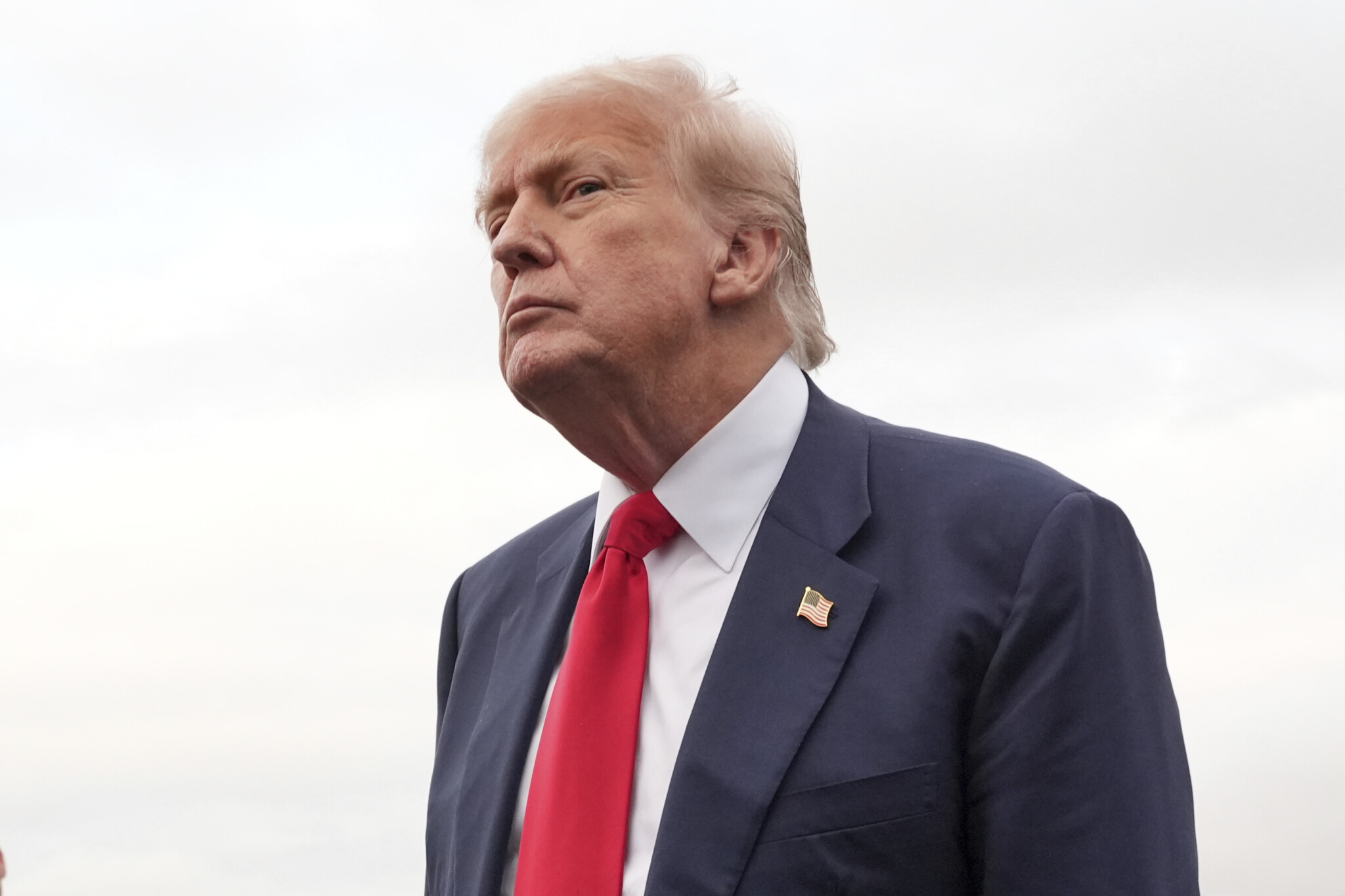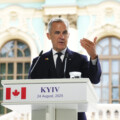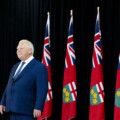Free speech and religious freedom are constitutionally protected fundamental freedoms in Canada. The extent to which we truly believe in our fundamental freedoms is proven by how we are prepared to support them when they apply neither to our tribe nor to our cause, but to people with whom we fundamentally disagree. We can fundamentally disagree with Feucht’s theology, style, and politics. But that doesn’t mean he cannot express his views in the public square. To do otherwise is to open a door to authoritarianism that we should keep locked shut.
The moment governments start policing the public expression of political or religious views based on the zeitgeist of the day, or our political views, is the moment we all lose. We lose the ability to deal with difference, to learn, and, importantly, to make the case against bad ideas in the place they should be made: in the public square, apart from the threat of coercion.
Sadly, those from whom this type of legal restriction has become a reflex (in Canada, this is largely the province of the administrative state and the ideological Left) never consider the possibility that it might someday be used against them. Of course, there are reasonable limits on all our freedoms, such as those outlined in the Criminal Code. Outside those limits, though, Feucht should be absolutely free to hold his concerts. And we should all be free to engage or ignore him.
Whatever happened to being equal before the law?
By Anthony Koch, managing principal of AK Strategies
A man who openly called for the firebombing of every synagogue in Toronto and urged people to “kill as many Jews as possible” has been sentenced to just 60 days of house arrest. No prison term. No electronic monitoring. Simply a restriction on his movements. That man, Waisuddin Akbari, a Toronto-area restaurant owner, advocated terrorism against Canadian Jews. Meanwhile, federal prosecutors are seeking a seven-year prison sentence for Tamara Lich, who helped lead the freedom convoy against COVID-19 mandates.
This is what passes for justice in Canada today: a man who calls for mass murder walks free, while a woman who organized nonviolent civil disobedience is treated as a national security threat.

Tamara Lich leaves the courthouse in Ottawa after the verdict was delivered in her trial with fellow Freedom Convoy organizer Chris Barber, on Thursday, April 3, 2025. Justin Tang/The Canadian Press.
Akbari’s statements were neither vague nor misinterpreted. He told a car dealership employee that he intended to plant bombs in every synagogue in Toronto and kill as many Jews as possible. The court, citing mental health concerns, granted him a sentence of house arrest and probation. He will also be required to undergo antisemitism education and gambling counselling.
Now consider the contrast. Lich is facing the full prosecutorial force of the state, not because she damaged property or incited violence, she did neither, but because she challenged the political orthodoxy. Because she was defiant. Because she inspired tens of thousands of Canadians to question the authority of their government.
You don’t have to find Lich or her political project sympathetic to see that this is not merely a double standard; it is the deliberate politicization of our justice system. Hatred, even incitement to violence, is met with indulgence if it flows in the right ideological direction. Dissent, even peaceful, is met with the hammer of the state if it comes from the wrong side.
Canada is no longer governed by one law applied equally. It is governed by two: one for the favoured, and one for the inconvenient.








